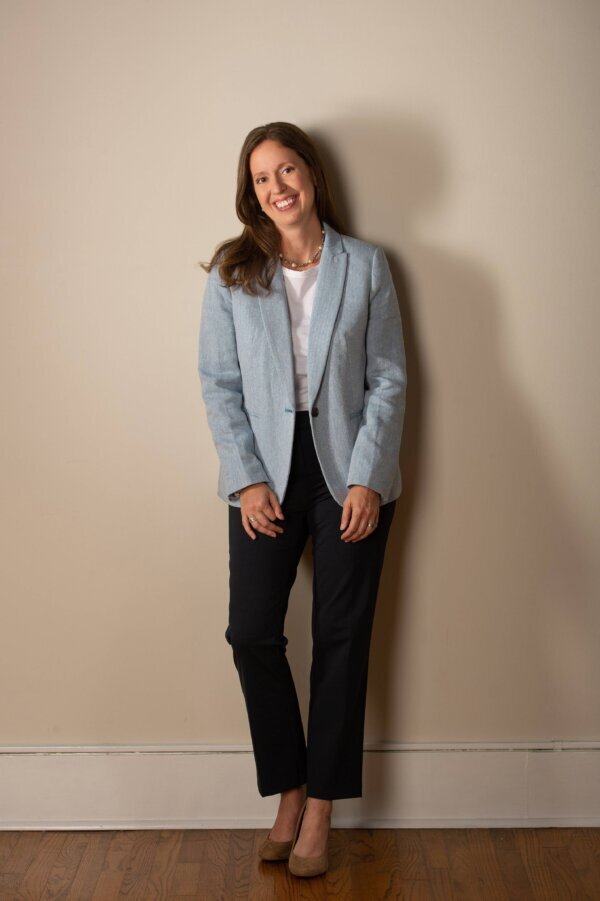Back in 2017, Rachael Mull felt like something was off with her body — some unexplained bleeding and abdominal pains were the big red flags — but nothing that couldn’t be explained away by her doctors. In fact, eventually it was discovered Mull, a small-business owner in Howard County, Maryland, was dealing with kidney stones.
Then, doctors found a tumor inside her colon.
It turned out to be Stage 3 colon cancer, which meant a year and a half of intense treatments starting in her late 30s, a time when very few people are expected to get colon cancer. However, a study recently published in the journal Lancet Public Health says the number of people getting several types of cancers in their 30s and 40s is on the rise. Scientists say there’s an explanation for some of those cases, but not all of them.

“I have no family history,” said Mull, who is the CEO of Manor Hill Farm and Brewing in Howard County. “You know, you look at the list of high-risk factors for getting it. I don’t meet any of the boxes. No overweight issues, ate pretty well, exercise — you know, do all the things.”
The study about young people and cancer cited what Dr. Otis Brawley, an oncology professor at Johns Hopkins University, calls “energy imbalance” as a decidedly common factor. Essentially, that means too many people are eating too many calories and not getting enough exercise. He said it’s a uniquely American problem right now. As obesity rates rise, so have cancer rates in the U.S. — but not in other countries.
But obesity isn’t the only reason behind this rise. And questions remain about what else is happening.
“We need to apply what we do know to try to prevent this from happening, and we need to do more research to figure out the other reasons,” Brawley said.
However, he said there’s a big problem.
“These are very expensive trials. They require a lot of money and a lot of patience, and unfortunately, we’re at a time where scientific funding is being cut back,” he said. “At a time where we need to answer these really important questions, research funding from primarily the federal government is being cut back.”
Increasingly, he says, cancer prevention is becoming a pediatric issue.
“I’m very concerned that we’re going to see larger increases for people who are currently in their teen years and early 20s, when they get into their 30s and 40s,” said Brawley. “We may be able to avert some of that by starting to practice good public health — people trying to maintain ideal body weight, doing adequate exercise and not smoking. I am confident that we can decrease some of this rise if we start practicing that among our kids who are 4, 5, 6, 7 years of age right now.”
In the meantime, Mull said her doctors never really had a good answer as to why she developed cancer, beyond the fact it’s been happening more often among people her age. She said anyone her age who notices something might be off should not take any chances.
“Anything that seems a little off, don’t ignore it. And especially with women who have had babies, who have hemorrhoids. You have a little drop of blood, you think, ‘oh, it’s fine.’ No,” she said. “Go to the doctor, get your colonoscopies because it is so treatable. Even though you know the treatment’s difficult, you can get to the other side. But if you miss it, then you know it’s a whole different story.”
While the study, and the fact that some factors behind the rise will provide some validation of sorts to Mull and what she went through, she’s also hopeful the increased attention will help her eventually get the answers that have been elusive for so long.
“That’s the first step to put more money toward studies and trying to figure out what’s going on,” said Mull. “That’s always a good thing.”
You can read the full study led by the American Cancer Society here.
Get breaking news and daily headlines delivered to your email inbox by signing up here.
© 2024 WTOP. All Rights Reserved. This website is not intended for users located within the European Economic Area.








